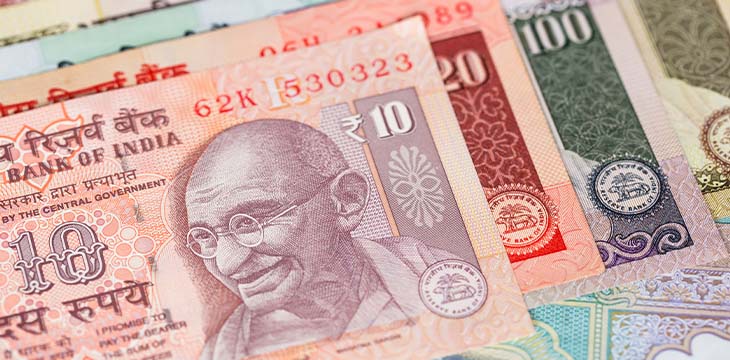|
Getting your Trinity Audio player ready...
|
Indian digital assets exchanges have continued to struggle with access to banking services. Bitbns has stated that users are experiencing delays in withdrawing Indian Rupee (INR) from the platform due to law enforcement officers blocking the exchange’s bank account.
In a blog post, Bitbns’ CEO Gaurav Dahake said that exchanges have been forced to operate with bank accounts since payment service providers do not support them. However, bank accounts are inefficient for their purposes.
He explained that in cases where even a tiny amount (as low as INR10,000 or $125) of the funds received by the exchange’s bank account is implicated in a cybercrime case, the entire account is blocked. This creates bottlenecks for the exchange as it can happen multiple times in a month and is only resolvable through writ petitions or going to higher authorities.
“These blocked funds typically create bottlenecks in withdrawal processing. Which is what’s the case. We keep working round the clock in order to ensure these are resolved quickly. Users can rest assured #FundsareSafu. As these bottlenecks get resolved the withdrawal speed would increase significantly,” Dahake said.
He added that withdrawals of digital assets have continued to operate as normal, and the platform is working on a peer-to-peer USDT feature to allow for instant withdrawals.
Bitbns has been having INR withdrawal troubles for over a month leading to user complaints. Notably, the issues began at around the same time as reports emerged that India’s Directorate of Enforcement (DE), the country’s economic crime unit, was probing digital assets exchanges for alleged illegal foreign exchange transactions and aiding organized crime.
Indian regulations stifling digital assets exchanges operations
So far, the Directorate has focused its attention on the Binance-affiliated WazirX exchange. The investigation, meanwhile, is intended to reach more than ten exchanges that have allegedly laundered over INR10 billion ($125 million).
The DE is not the only agency cracking down on the digital assets market in India. The exchanges have also been in a deadlock with the National Payments Corporation of India (NPCI), which has blocked them from using the Unified Payments Interface (UPI) system.
Lobby efforts by the exchanges to have the service restored have so far failed. Other policies that have affected market sentiments in India include the recently introduced digital assets 30% capital gains and 1%TDS tax, as well as comments from officials like the central bank governor that have been critical of the industry.
Watch: The BSV Global Blockchain Convention panel, The Future of Digital Asset Exchanges & Investment
https://www.youtube.com/watch?v=AsD1na3VgxE

 03-03-2026
03-03-2026 




